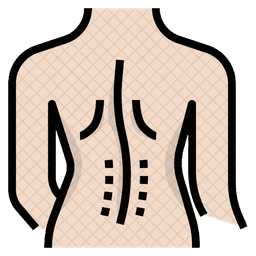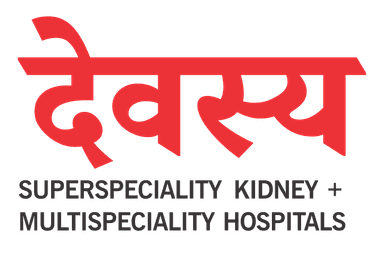Slip Disc Treatments & Surgery
How Devasya Hospital Helps to Treat Slip Disc?
Devasya Hospital in Ahmedabad can play a crucial role in helping you treat a slipped disc effectively. One of the key strengths of the best slip disc hospital in Ahmedabad lies in its specialized expertise in orthopedic and spine care. It is likely staffed with a team of experienced orthopedic and spine specialists who are well-versed in diagnosing and treating slip discs. Their collective knowledge and experience ensure that you receive top-notch care tailored to your specific condition.
Devasya Hospital is equipped with advanced diagnostic tools and imaging equipment, such as MRI and X-ray machines. These tools are essential for accurate diagnosis and for assessing the severity and location of the slipped disc, which is fundamental in creating an effective treatment plan. Patients get the best conservative surgery or SOS surgery for treating slip disc. Devasya Hospital typically places a strong emphasis on comprehensive post-operative care and rehabilitation programs. These programs are designed to support your recovery process, helping you regain strength, mobility, and function in the affected area.
Choosing Devasya Hospital for slip disc treatment is often based on its reputation for providing patient-centered care. Your well-being and successful recovery are of utmost importance, and the hospital's commitment to patient-centric healthcare ensures that you receive the best possible treatment and support throughout your journey to recovery.
FAQs
A slipped disc, also known as a herniated or ruptured disc, refers to a condition where the soft inner core of an intervertebral disc in the spine protrudes through a tear or crack in the tough outer layer. This can result in pressure on nearby nerves, leading to pain and other symptoms.
A slipped disc is typically caused by the natural aging process and wear and tear on the spine. Other contributing factors may include heavy lifting, improper lifting techniques, sudden twists or injuries, obesity, and genetic predisposition.
Common symptoms of a slipped disc include localized pain at the site of the herniation, radiating pain, numbness or tingling in the affected area, muscle weakness, and changes in reflexes. The specific symptoms can vary depending on the location of the slipped disc in the spine.
Diagnosis of a slipped disc usually involves a physical examination by a healthcare provider, a review of medical history, and imaging studies like X-rays, MRI scans, or CT scans. These tests help confirm the presence and extent of the slipped disc.
Complications of a slipped disc may include chronic pain, muscle weakness, loss of sensation, and, in severe cases, bowel or bladder dysfunction. It's important to seek timely medical attention to prevent or manage these complications effectively.



